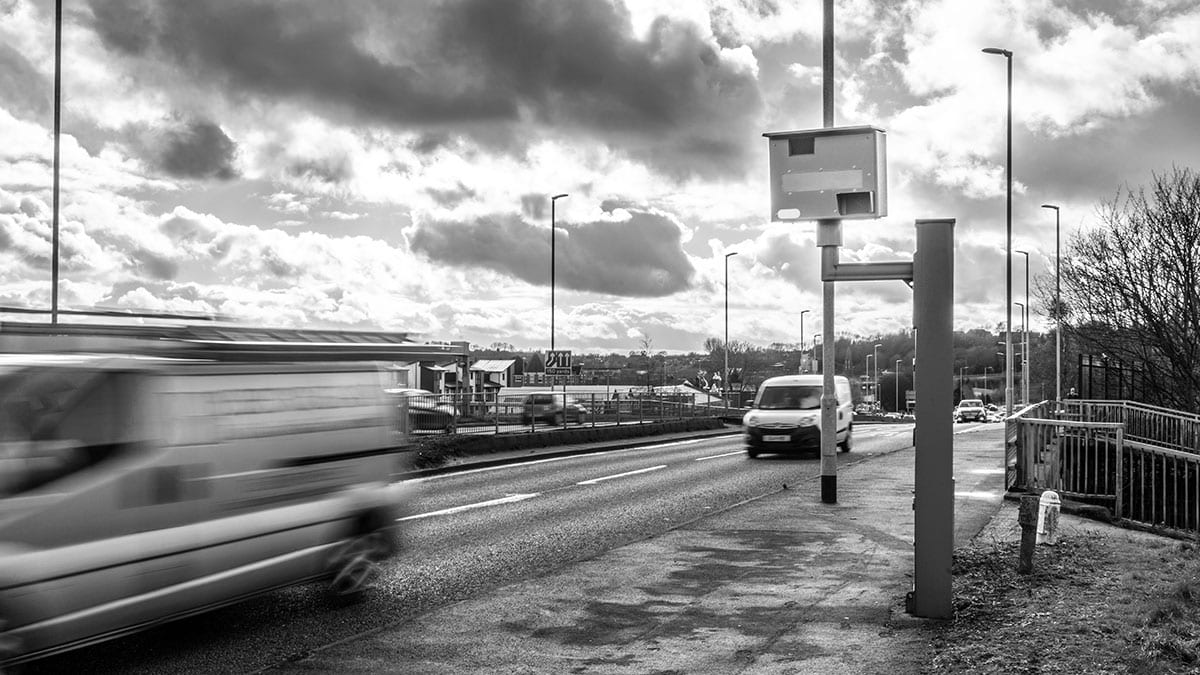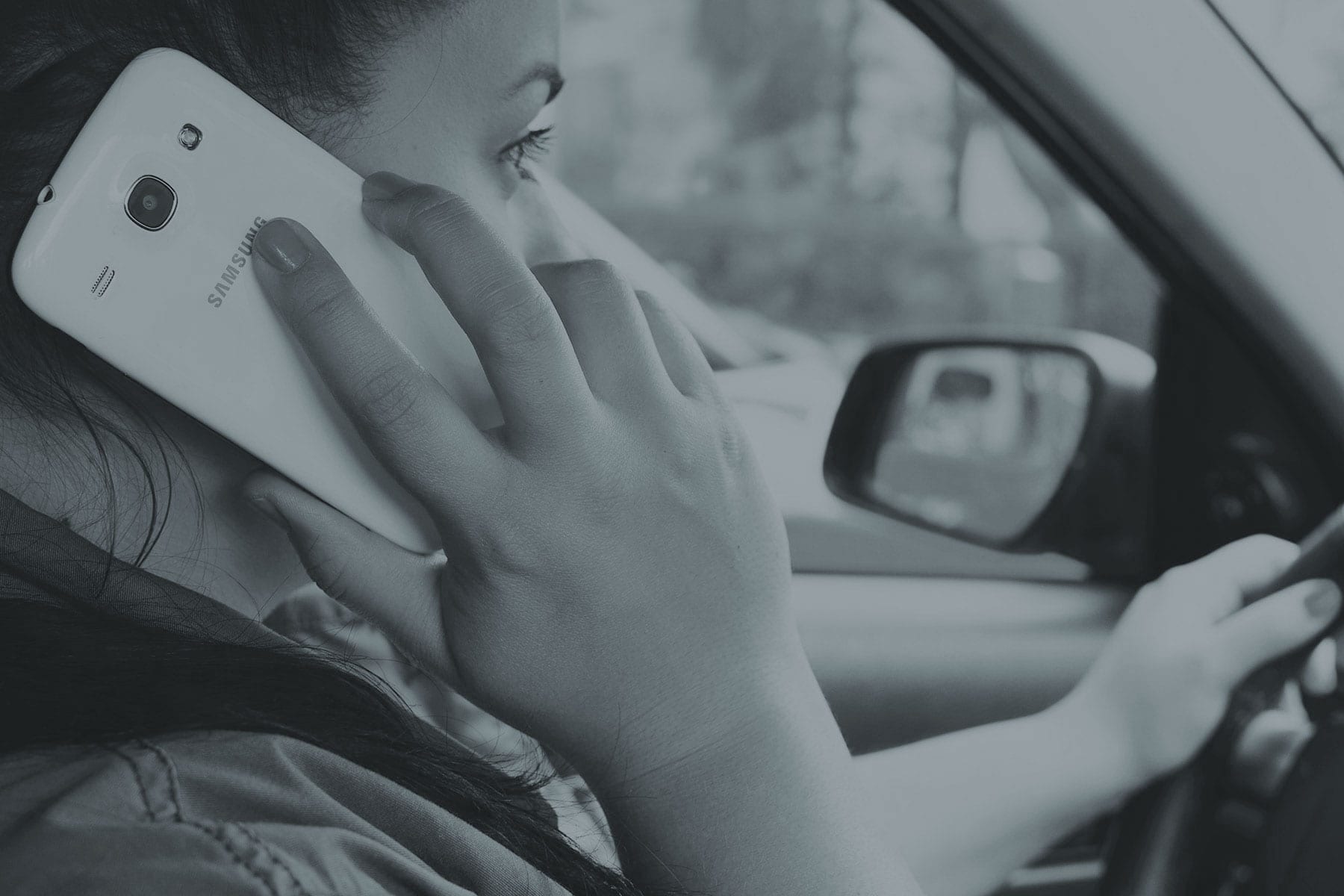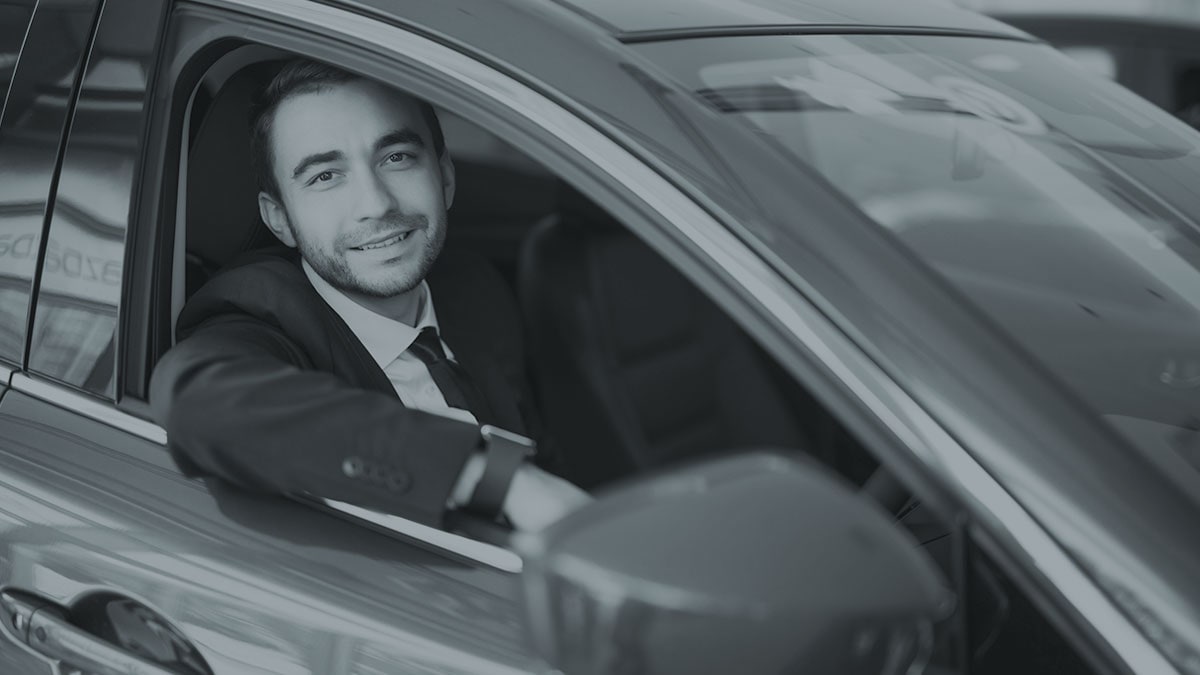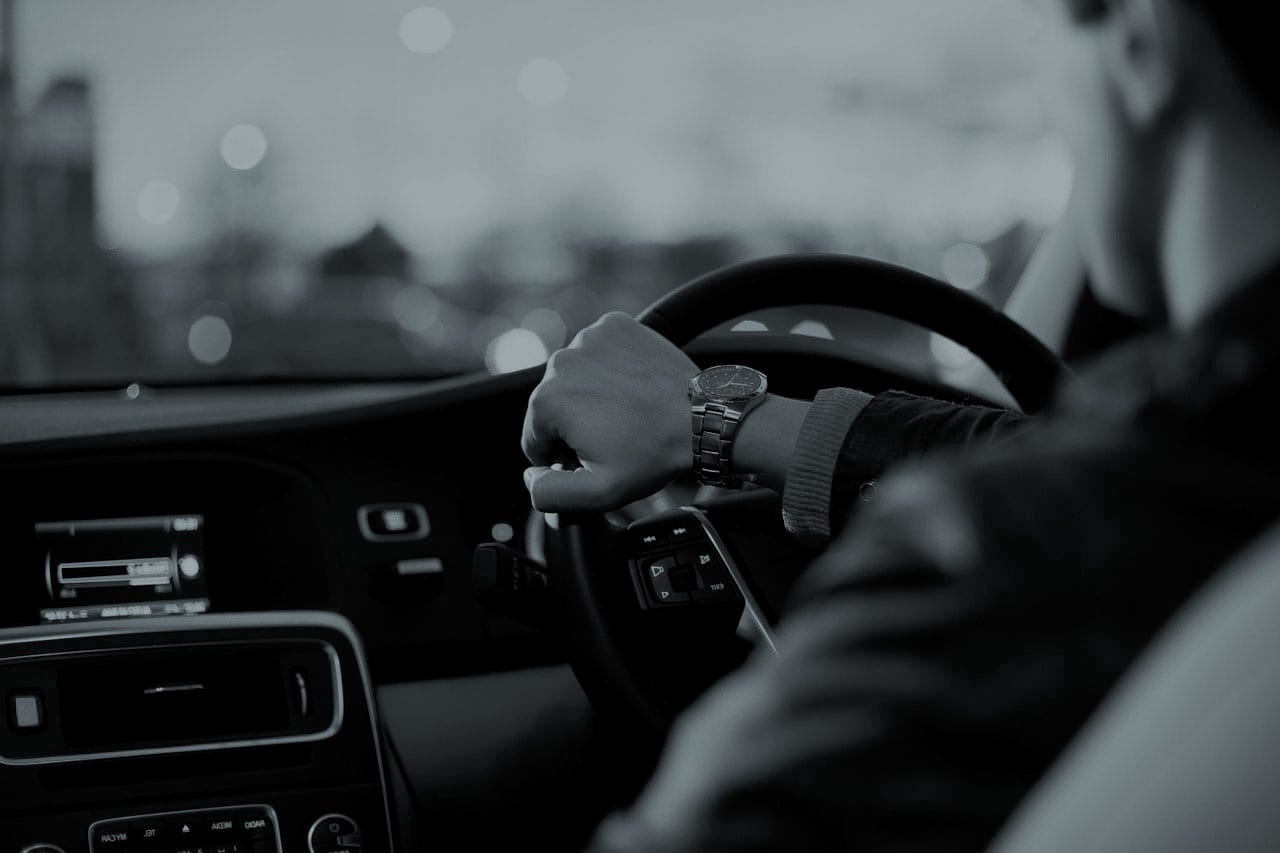Careless driving, also known as inconsiderate driving, or driving without due care and attention, is an offence under Section 3 of the Road Traffic Act 1988.
Careless driving covers any offence where the actions of the offender fall below the standards expected of a competent and careful driver. This offence is therefore dangerous driving but is likely to be charged as a lesser offence, where it cannot be proven that it was clear that the offender’s driving was likely to be dangerous.
Unlike dangerous driving, careless driving is more likely to involve a one off mistake or lapse in concentration, rather than a prolonged period of bad driving.
Possible examples of careless driving might include accidently failing to stop at a red light, dazzling other road users with your headlights, overtaking on the inside or driving too close to another vehicle. (Source: CPS)
Careless driving penalties
Careless driving is only dealt with by magistrates courts, which means the penalties aren’t as severe as those for dangerous driving.
In determining a penalty, the magistrate will consider a range of factors. For example, if a driver is proven to be excessively speeding, driving a heavy goods vehicle, driving against medical advice, or carrying out other tasks whilst driving, they will be held more responsible for their actions. Similarly, if a driver’s actions caused injury or property damage, or was more likely to cause injury or damage (for example, because the offence occurred in a busy pedestrian area), penalties are likely to be higher.
As with all road traffic offences, whether or not the offence was committed whilst on licence or bail, the character and previous driving of the offender, previous convictions and remorse can all impact the final penalty given.
Minor careless driving convictions are usually penalised with 3-4 penalty licence points and a small fine. However, there is no upper limit on fines for this offence and, depending on the seriousness of the offence, the magistrate has the authority to impose a driving ban.
Causing Death by Careless Driving
Whilst careless driving cases are generally dealt with by the magistrates courts, cases where someone has died can be tried by magistrates or by the Crown Court. This means a much broader range of penalties (some of which can be severe) are possible. Less serious cases with few aggravating factors may be penalised with community orders, whilst the maximum penalty available is a five year prison term. If convicted of this offence a driving ban and extended retest is mandatory.
In assessing seriousness judges and magistrates will consider whether the motorist’s poor driving was deliberate and for a prolonged period. They will also consider whether they were under the influence of alcohol or drugs and their level of impairment, their speed, whether they were speeding whilst driving an HGV or in bad weather conditions, and whether the victims of the offence are considered vulnerable road users, like cyclists or pedestrians. Finally judges will look at a range of factors that impact the seriousness of the offence, like whether the offender was distracted by other tasks, using a hand held mobile phone, tired, knowingly driving with a medical condition that impairs driving ability, driving aggressively or knowingly driving a poorly maintained vehicle. As with all driving offences, aggravating and mitigating factors might include remorse, good character, previous convictions, giving assistance to the victim at the scene, whether the offender was on bail or licence, the number or victims or whether the actions of the offender were prompted by a genuine emergency.
If you have been accused or charged with causing death by careless driving, you should seek legal assistance immediately. Call us now on 03330 096 275 for a free consultation with an experienced motoring lawyer.
Causing death by careless driving/drugs and alcohol
Offences where there has been a death as a result of careless driving and there is evidence of impairment due to drugs or alcohol are incredibly serious. As such they are always tried in the Crown Courts. Judges have the power to impose prison terms of up to 14 years for the most serious offences. If convicted, driving bans of two years are compulsory as well as an extended retest once the ban has ended.
In assessing the seriousness of the offence, judges will consider a broad range of factors such as whether the offender’s poor driving was for a prolonged period, whether they were speeding, whether they were speeding whilst driving an HGV or in bad weather, whether the victims were vulnerable road users (pedestrians, cyclists, motorcyclists, for example),whether the offender was driving whilst tired or knowingly driving a poorly maintained vehicle, whether they were driving whilst impaired due to a known medical condition, or whether they were driving whilst distracted, using a hand held mobile phone or driving aggressively.
As well as considering these factors related to seriousness, judges will also look at the results of the specimens the offender provided when they were arrested by police. Offences with low alcohol or drugs readings, and where the offence was caused by a momentary lapse in concentration and there are few factors that increase seriousness, may be penalised with as little as 26 weeks imprisonment. However, very high alcohol or drugs results alongside a number of factors of seriousness could incur periods of imprisonment between 7 and 14 years.
As with all driving offences, aggravating and mitigating factors might include remorse, good character, previous convictions, giving assistance to the victim at the scene, whether the offender was on bail or licence, the number or victims or whether the actions of the offender were prompted by a genuine emergency.
If you are facing this charge, the outcome of your case might have a profound impact on your life. Expert legal representation is vital in order to protect your rights and build a strong case in your defence. Call us now on 03330 096 275 for a free consultation with an experienced motoring lawyer.
Defending Careless Driving Charges
Our defence of clients accused of careless driving, or of more serious cases which have resulted in death by careless driving, is built on our expertise in motoring law, our experience in defending these cases, and our passion for protecting our clients rights, livelihoods and freedoms.
Our expert motoring lawyers will leave no stone unturned in constructing your defence. Areas we will consider with you include:
- Challenging bad science. If your charge includes an element of drink or drug driving, we will ensure the results of any breath, blood or urine samples that are used as evidence against you are accurate. If they aren’t we will not allow them to be used as part of the prosecution’s case.
- Challenging police process. Police have to follow strict guidelines in how they deal with suspects or offenders, for example, reading you your rights when you are arrested or completing the proper paperwork in dealing with specimens. We will examine all the records of your case and highlight any failings in police process, as this could mean your legal rights have been infringed. Similarly, prosecutors must disclose all the evidence they have against you to allow you fair opportunity to put forward a defence. Disclosure failures can often render a prosecution case unlawful.
- Examining the evidence. We will look at all the evidence against you to determine if the prosecution has sufficient evidence to prove you are guilty of an offence. In addition to looking at the scientific evidence, we will also examine the accuracy of witness statements, police records and the data provided by technology like speed cameras.
- Checking the charges. Often the authorities do not have sufficient evidence to prove the crime they have charged. We will make sure police don’t charge without proper evidence, and that they don’t over charge. We often succeed in helping clients reduce their charges to lesser offences.



